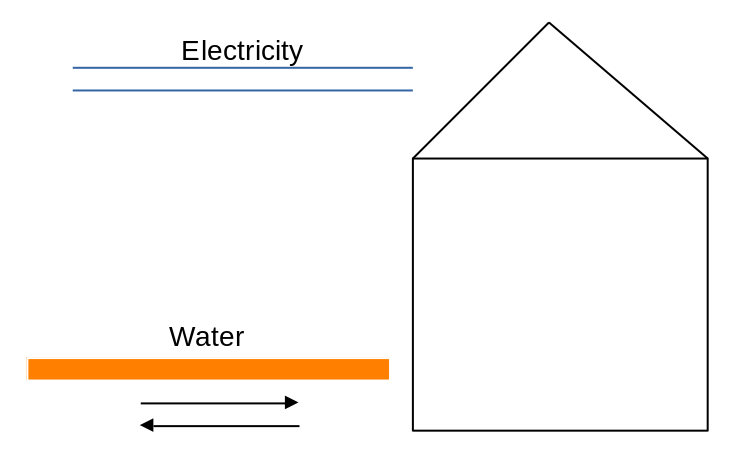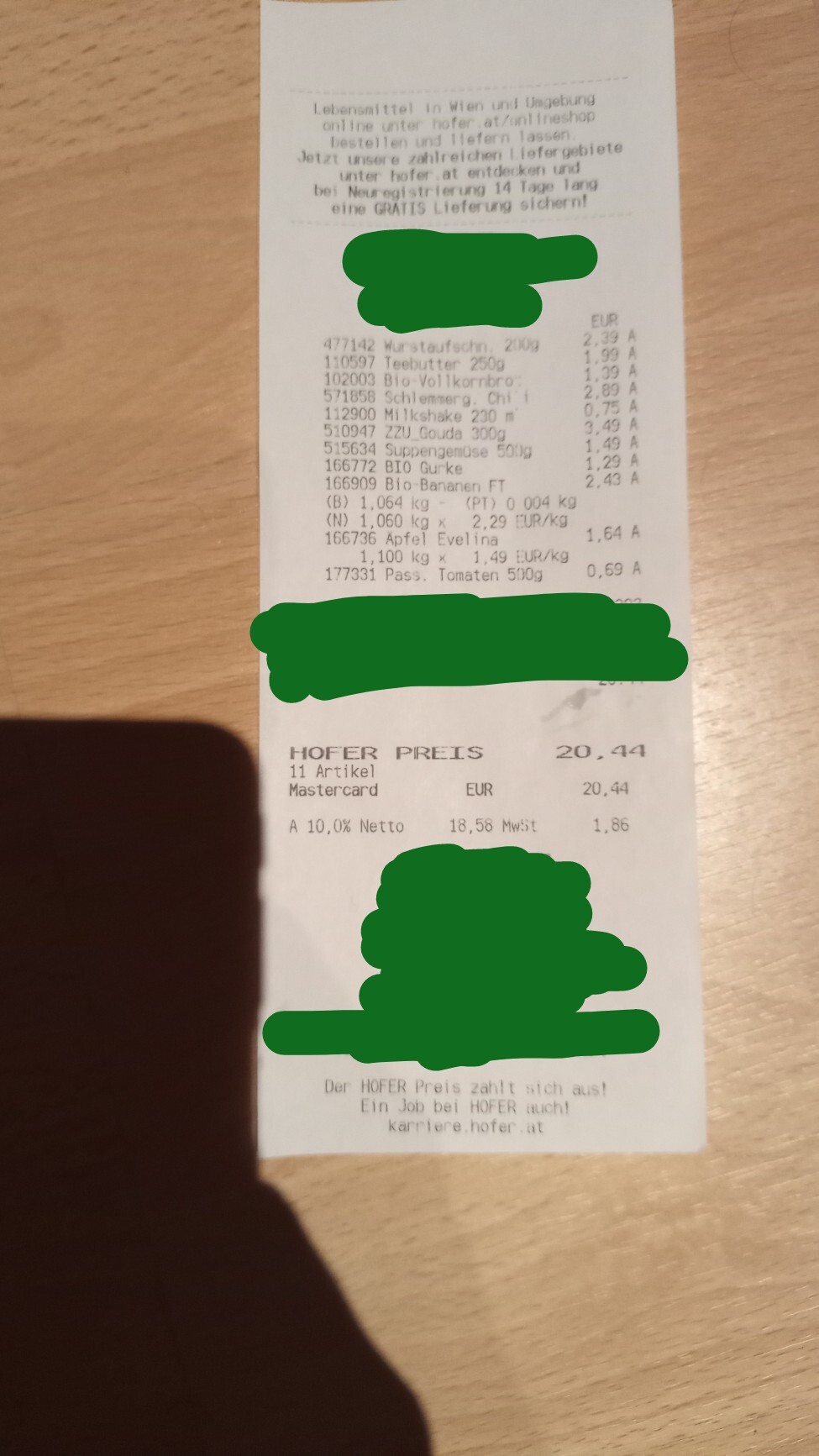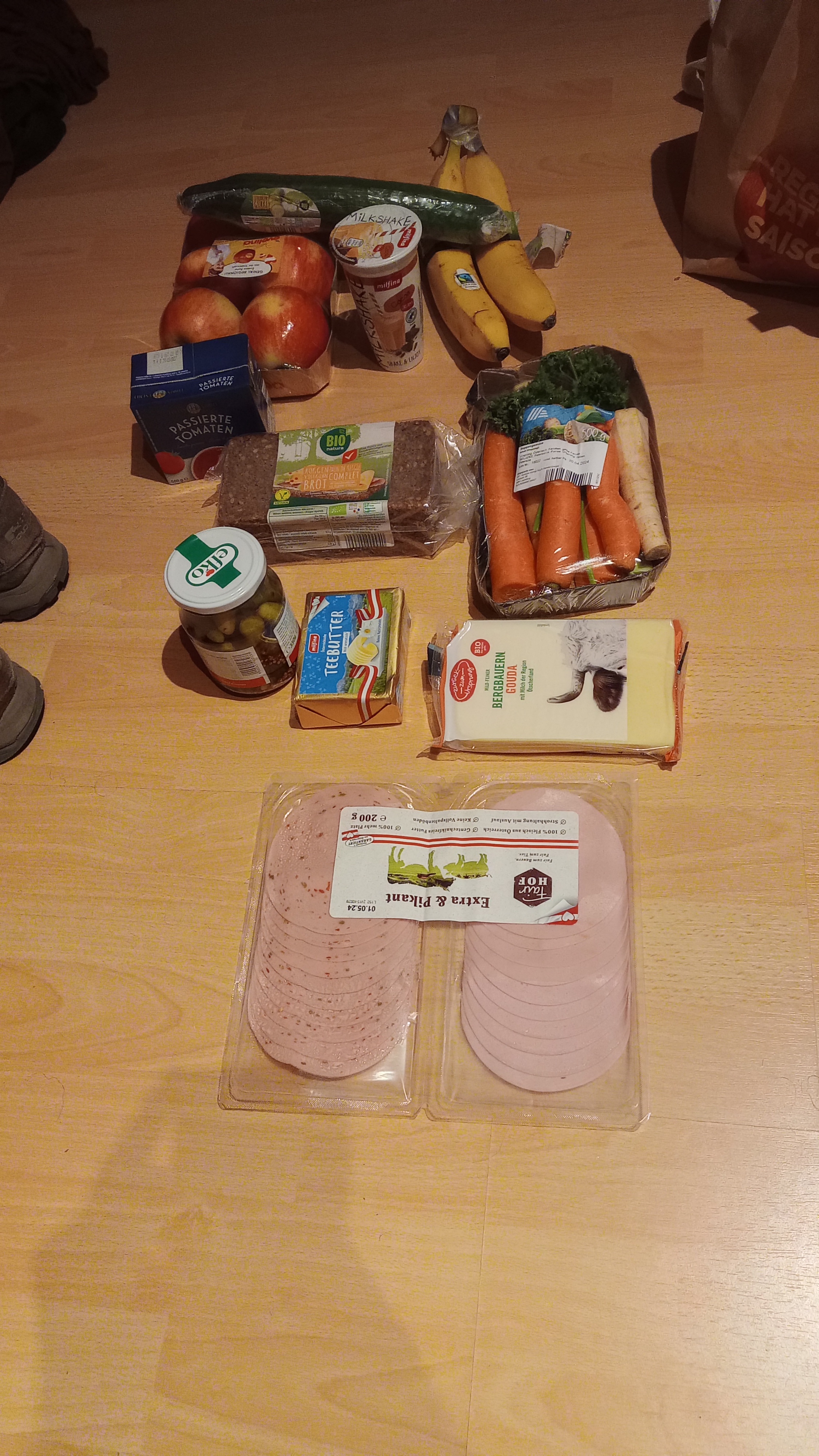yeah but you could do that with one big company just as well. that has nothing to do with them splitting up
nikaaa
I'm pretty sure that it would be practically impossible to prove in practice that it's fraud and illegal.
Yeah I guess there are some phenomenons that I haven't considered. But are they really strong enough to stop the game?
I have already excluded that frame-dragging/emission of gravitational waves stops the game, because the emission of gravitational waves reduces the energy from the system, but the effect is stronger if objects are closer by. when the distance between them is larger, gravitational waves become negligible. hubble expansion, on the other hand, becomes stronger on larger scales. so at some point, it's larger than the loss due to gravitational waves.
explain entropy though, where's thermodynamics in the game?
... and I came to believe that our current cosmology is incomplete or wrong.
Well, yes, I agree with you.
I don't like saying it because people get very emotional and unreasonable about this but:
These things were normal a long time ago. It's only been in recent years, especially starting from the 1960s, that moral panic took over and these things are looked at now as "a crime".
what if a company decides to split up into 100 smaller companies to avoid taxation?
Ok maybe my numbers were a little bit off but the point is: if the universe were created slowly, we'd see clear traces of that. but the evidence points into the opposite direction, that the universe, at some point, was very hot and dense, before stars started forming. So the question is, where would all that matter come from? I deem it's unlikely to all just be "one huge quantum fluctuation", but i'm not sure about that; cosmology is exotic sometimes.
please see my comment at the linked post
Our theoretical framework, allowing matter creation (*) provides a possible origin for the universe (without the need of a Big Bang).
If you look at the typical composition of a star today, you will find that it is mostly (99%) hydrogen.
We know that a star burns hydrogen into helium, and therefore the relative fraction of hydrogen in the star's composition decreases annually by a specific rate (let's say 0.0000001%). That means that a star might have an average lifetime of 1 billion years, before its composition changes and it has only small fraction of hydrogen left.
If the universe were created slowly (by a slow process, such as spontaneous particle creation would be), then stars would burn out while they are being created; In other words, we wouldn't see stars that are mostly unconsumed hydrogen, but instead, stars that are mostly already consumed helium, with slow rates of hydrogen being created continuously.
But that would lead to stars having a drastically different composition: instead of 99% hydrogen and 1% helium, we might see 1% hydrogen and 99% helium. That is why I believe a "slow creation" of the universe to be unlikely.
yeah same, kinda
yes, as I understand it, the process described above is indeed unstable, that means, if it occurs in nature, then it will either eventually escape the host star or fall into the host star.
However, I believe that with additional intelligent regulatory circuitry, the process could be regulated well enough such that the process remains within certain boundaries, i.e. practically stable.
Such a process could be used to supply humans with energy for an indefinite time, long after the sun has burned out its hydrogen. It does, however, require intelligence and some bit of control. I have left out the description of regulatory circuitry in the above description for brevity.





I wonder when AI "competition" will crush the free market.